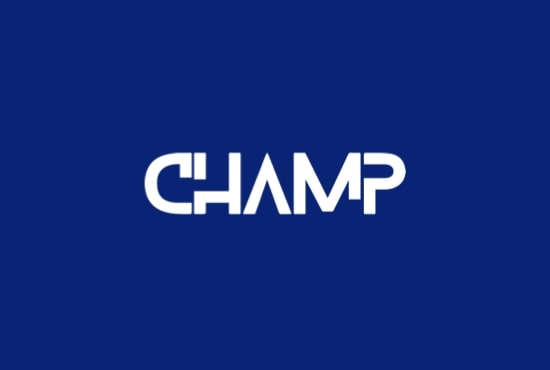Market Bulletins Q1 2022
Singapore - 27 April 2022
- 2021-2022 Malaysian Floods
- NDK’s plant which manufactures quartz crystal products for automotive, 5G, and IoT applications, was entirely flooded, and it will take time to resume operations, according to reports.
- STMicroelectronics consolidated packaging facility located in Muar, Johor.
- STMicroelectronics, ASE, Micron, and LG Innotek, ceased operations due to massive flooding at its factory in Shah Alam, Malaysia. It expects a loss of $28 million as a result of the disruption.
- Despite chip shortages and supply chain challenges, semiconductor companies will achieve new revenue highs this year, according to reports. For the first time, the industry is expected to earn over $600 billion globally, despite an anticipated slowing in growth.
- 2022 Russian Invasion of Ukraine has the potential to raise chip material prices by 600%. Palladium, Helium, Neon, and Scandium are among the chip-making elements sourced from the region. Sanctions against Russian shipments of commercial electronics, aircraft parts, and semiconductors have been announced by the US and other countries.
- Logistics costs have climbed 4-5 times over the industry average for the average supplier, adding to commodity price hikes. Because operations in typical lower-cost manufacturing zones have become unreliable, customers have been forced to manufacture in higher-cost areas, driving up overall production costs. In the year 2022, manufacturers are anticipated to continue to play catch-up in order to meet client demand.
- According to Susquehanna Financial Group (SFG), the overall product average lead time is currently 25.8 weeks, which is 10 weeks longer than the 2018 MLCC shortage, when the number of MLCCs was at an all-time high. The 25.8-week high is the result of a slew of supply-chain issues that have affected manufacturers over the past almost 2 years, including factory closures due to COVID-19, extreme weather, geopolitical events, and more.
- Lead times for many automotive grade and industrial ICs have been extended up to 70 weeks due to continuous industry-wide supply constraints.
- Taiwan diode, MCU makers eyeing automotive market. Taiwan-based diode and MCU makers have stepped up their deployments for the automotive market recently, eyeing future opportunities presented by the rapid development of electric vehicles (EVs). Despite uncertainties caused by automotive chip shortages and supply chain disruptions this year, the global automotive electrification trend remains clear.


